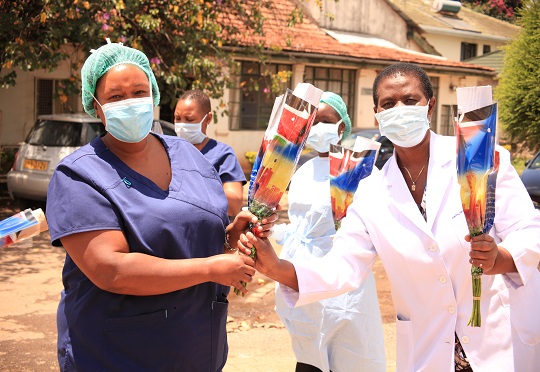In this situation, Norway has pledged to do more to assist these countries strengthen their health systems and assist vulnerable people,’ said Minister of International Development Dag-Inge Ulstein.
The Government is proposing an increase of NOK 30 million, approximately $3 million, in the regional allocation for sub-Saharan Africa. The support will go to countries identified as partner countries in Norway’s development cooperation, and in addition to Madagascar and the Democratic Republic of Congo.
Also, NOK 150 million of the increased allocation for global health efforts will go to priority countries including Malawi, Mozambique, Nepal, Sudan and the Democratic Republic of Congo.
To enable the least developed countries to deal more effectively with the crisis, the Government is proposing an allocation of NOK 180 million to the IMF’s Catastrophe Containment and Relief Trust and NOK 102 million to the World Bank’s International Development Association, which provides assistance to the world’s least developed countries. A large proportion of these allocations will go to sub-Saharan Africa.
The early introduction of measures to reduce the spread of infection appears to be yielding positive results, although it is too early to say how the situation will develop. The negative economic impacts of the pandemic are already evident in areas such as tourism, raw material prices, investments, trade, and remittances from diaspora communities. The most vulnerable countries are having to deal with the coronavirus pandemic on top of other serious challenges such as conflict and food insecurity.
‘The economic downturn and dramatic cuts in income are affecting many people who already have too little, particularly in urban and densely populated areas. The crisis may lead to serious setbacks in progress already made towards development, and make it more difficult to reach the UN Sustainable Development Goals. It is vital that we do our part to assist developing countries deal with the coronavirus pandemic in the short term, and that we promote sustainable growth and help build well-functioning societies with robust health systems in the long term,’ said Mr Ulstein.
